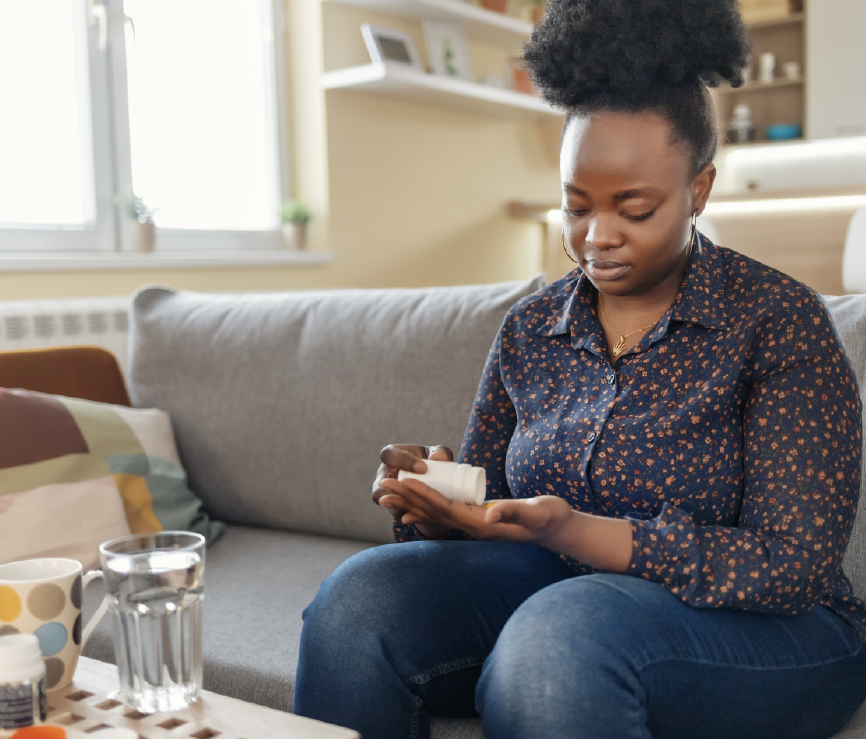Recent announcements of voluntary licensing agreements between Pfizer and Merck Sharp & Dohme (MSD) and the Medicines Patent Pool (MPP), a UN-backed nonprofit, provide additional examples of how intellectual property (IP) continues to play a crucial role in combatting the coronavirus pandemic. These agreements enable broader access to oral anti-viral COVID-19 treatments in low- and middle-income (LMI) countries and would not be possible without a strong global IP ecosystem.
Treating COVID-19 in its early stages is critical, as the cure rate is higher than in advanced infections. As such, effective treatments are an important tool to reduce the risk of progression and potential hospitalization. This is particularly important in LMI countries, where early treatment can reduce the burden on infrastructure and limited resources.
The investment into these innovative products was supported and facilitated by IP, paving the way for the licensing agreements, the most frequently used tool for transferring IP. Under such an agreement, the IP owner grants third parties the right to develop, manufacture and/or distribute the invention. Specific to the recent announcements, MSD and Pfizer’s agreements will allow generic manufacturers to produce the raw ingredients and/or the finished treatment itself.
Collaborations like this are crucial in enabling global access to needed therapies and closing the gap in health equity. Following the primary agreements with the innovators, MPP announced it signed agreements with 27 generic manufacturing companies spanning 11 countries for MSD’s molnupiravir, to further speed needed therapies to patients.
IP has enabled vital efforts to combat COVID-19 throughout the discovery and development of vaccines and treatments. Through innovation, supported by strong IP rights, the goal of universal access to COVID vaccines and treatments becomes easier to reach. WIPO Director General Daren Tang called these developments “a balanced model for promoting the spread of innovative anti-COVID medical technology across the globe.” And by promoting collaboration, over coercion, innovators can continue to make an even stronger impact on ending the pandemic.
“[These voluntary licenses] represent a balanced model for promoting the spread of innovative anti-COVID medical technology across the globe.” - WIPO Director General Daren Tang


